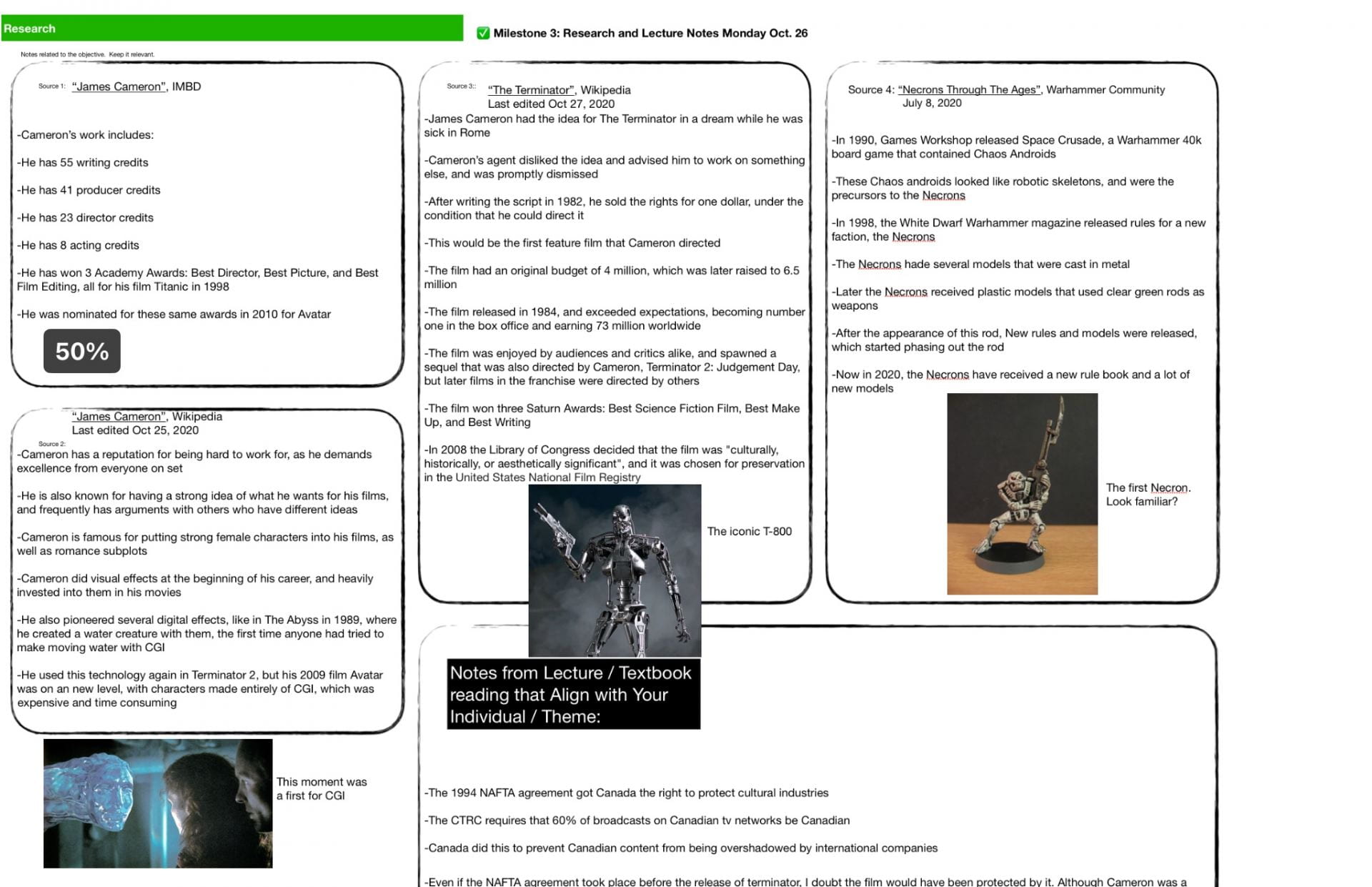Is This a Good Adaptation?
Hello and welcome back to another weekly blog post. As you may know, we’ve been doing a project on Shakespeare, and last week I made a co-hosted podcast episode answering the question of “What makes a classic?”. Well, I ended up making another episode, this time answering the question “What makes a good adaptation?”. We talked about a lot of interesting stuff, which you can listen to right here in this post. Now, in the episode I mention an old 2010 animated Warhammer 40,000 film called Ultramarines. I was a bit critical of it in the episode, but I didn’t talk too much about it. Well, I rewatched it, and I’m going to give my full thoughts on if I think it is a good adaptation or not. Also, we are going to be venturing into spoiler territory, so if you want to see it for yourself first, the entire thing has been uploaded to YouTube.
Keep in mind that the uploader has shrunk the screen and the quality has been decreased a bit. Also, the audio is sped up and is a bit out of sync, which is why they talk like they have just inhaled a bunch of helium. I assume the poster had done all this to avoid being copyright striked, so that’s the price you have to pay for watching it free I guess. Whether you watched it or not, I am going to now be going into if I think it is a good adaptation or not. Now, it isn’t directly adapted from a book or game, it is an original story set in the Warhammer 40,000 universe, so I am mainly going to be judging it on if it is a good adaptation of the setting.

First off, the characters. The main characters are a group of Space Marines from the Ultramarines chapter, and they actually weren’t as bad as I remembered. I remembered them doing a lot of stupid things, but I must have remembered a few bad moments and my memory made that the whole film. Granted, there are a few times when they do some uncharacteristic things, namely when they ignore the blazing banner and the marine who thinks he saw something. The Imperial Fists Marine (The yellow one) who is in charge of the sacred tomb was acting really weird about the blank pages. I could maybe understand him not trusting the Ultramarines, but he definitely would have told the Chaplain about it. The Chaplains are literally the people you are supposed to tell first when it comes to Chaos, and the marine even said he suspected Chaos.

For the antagonists, the Chaos Space Marines and their Daemonic friend, they were fine, except for one scene. The Daemon was okay, no problems there, but the Chaos marines go from their stature in universe to cannon fodder. In the beginning scenes, the Chaos marines are a real threat to the group, taking several Ultramarines with them before they die. This is just they are in universe, because they are pretty much equal to the Ultramarines, just evil. Unfortunately, the desert battle is the complete opposite. The Chaos marines get mowed down by the dozens, and around 15 of them die before any Ultramarines die. They also all get killed in one shot, even if it wasn’t to the head. In the first battle, their armour provided tangible protection, and helped them survive a few bolter rounds. Here, they get one shot each time, while one of the marines gets shot ten times before dying. The Chaos marines also decide to adopt stormtrooper aim, for the few that actually decide to us their guns. The Ultramarines are in the open and completely exposed, but only two get shot. It sucked that they were an actual threat in the first battle, but were reduced to mooks in the second one.

For the mood/setting of the theme, it was pretty good. It is dark and gloomy, and helps accomplish that grimdark Warhammer vibe. The planet is an appropriately dark and gloomy world, which definitely helps. I think that the mood was probably one of this movies strong suites.
For the story, it was okay, I guess. It’s a pretty generic story of “Contact lost, go find out what happened”, and then of course things go wrong. The end scene with the Daemon getting in the ship was quite unique though, and was a decent twist. I knew that one of the marines was possessed, but I actually thought it was the Imperial Fists marine due to his weird behaviour. The story overall was fine and was entertaining enough.
For random miscellaneous things, I don’t think that the rotting wooden boards would hold up a Marine who weighs as much as a tank. It also doesn’t make sense for only a squad of marines to be onboard a full on strike cruiser. Also, the Chaplain’s Crozius (His stick thing) shouldn’t actually have any powers, it’s just a glorified beating stick, and the Imperial Fists marine not reporting things to the Chaplain was dumb.
But after all that, I think my final verdict is, yes, Ultramarines is a good adaptation. Despite what I thought, the characters are mostly faithful to the source material, and the mood is great, with an entertaining story on top of that. I know this is a long post, so I’ll wrap it up here. I’m always making more posts, so remember to stay tuned.



























